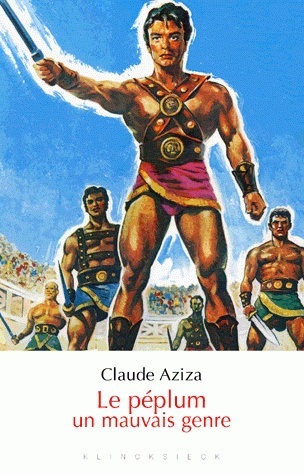"Peplum" is a disreputable film genre which relates stories that take place in mythical or distant times. It praises the exploits of muscular heroes and scantily dressed heroines.
As a general audience and family-oriented genre, it is compelled to twist the camera every which way in order to tell the stories of biblical romances, Roman orgies, insane emperors and lecherous empresses – without shocking anyone – at least, in theory.
Yet, despite being produced on shoe-string budgets, filmed in a rush on sets made of cardboard, and packaging History's muse in ways that show its alluring underbelly, a very different antiquity is revealed in these films – one that jumps out at us from the dusty reference pages in Technicolor and 3-D, which make it seem twice as real, both because the production taps into our fantasies and because, in attempting to tell us about our past, it actually tells us about our present.
An Honorary Senior Lecturer in Latin Language and Literature at Sorbonne nouvelle (Paris III), Claude Aziza collaborated on the publication by Les Belles Lettres of the following books : Alexandre Dumas' Isaac Laquedem (2005), Mémoires d'Horace (2006), E. G. Bulwer-Lytton's Les Derniers Jours de Pompéi (2007), and Guide de l'Antiquité imaginaire (2008). He also contributed to the publication of L'Histoire et du Monde de la Bible.




